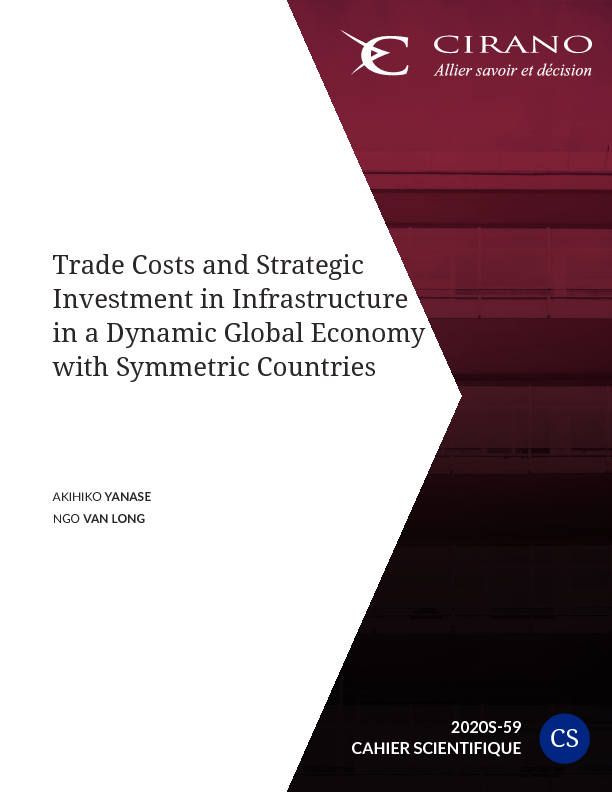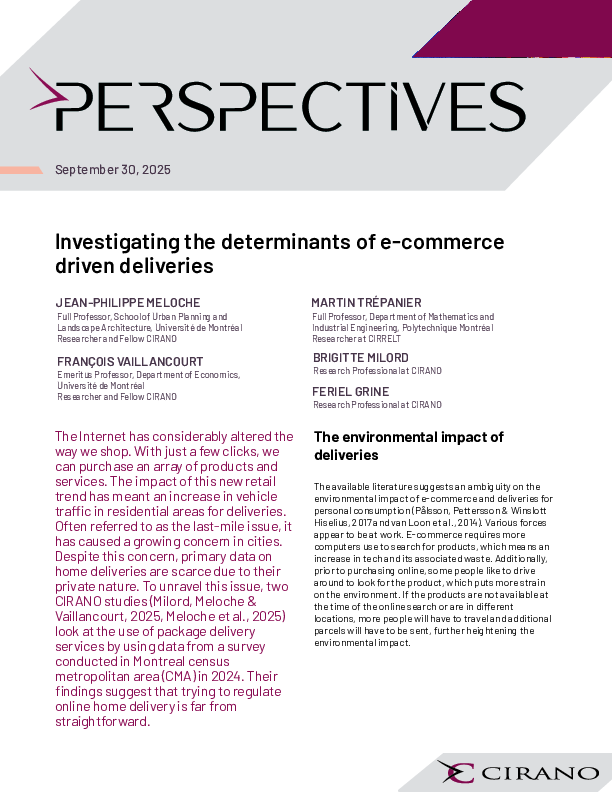Trade Costs and Strategic Investment in Infrastructure in a Dynamic Global Economy with Symmetric Countries
This paper develops a two-country model of intra-industry trade with trade costs, which can be reduced by public investment in an international infrastructure capital, the stock of which accumulates over time. Taking the relationship between trade costs and national welfare into consideration, the governments carry out a dynamic game of public investment. We show that the dynamic equilibrium of the policy game may exhibit history dependency; if the initial stock of international infrastructure is smaller (larger) than a certain level, the infrastructure stock decreases (increases) over time, and the world economy will end up in autarky (two-way free trade) in the long run. We also show that international cooperation is beneficial in the sense that it may enable the world economy to escape from a "low-development trap".




